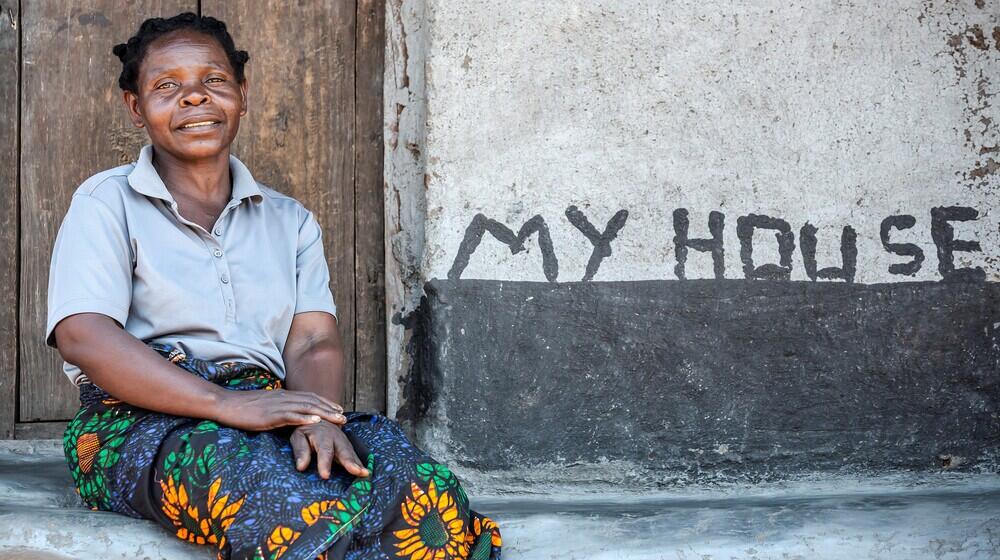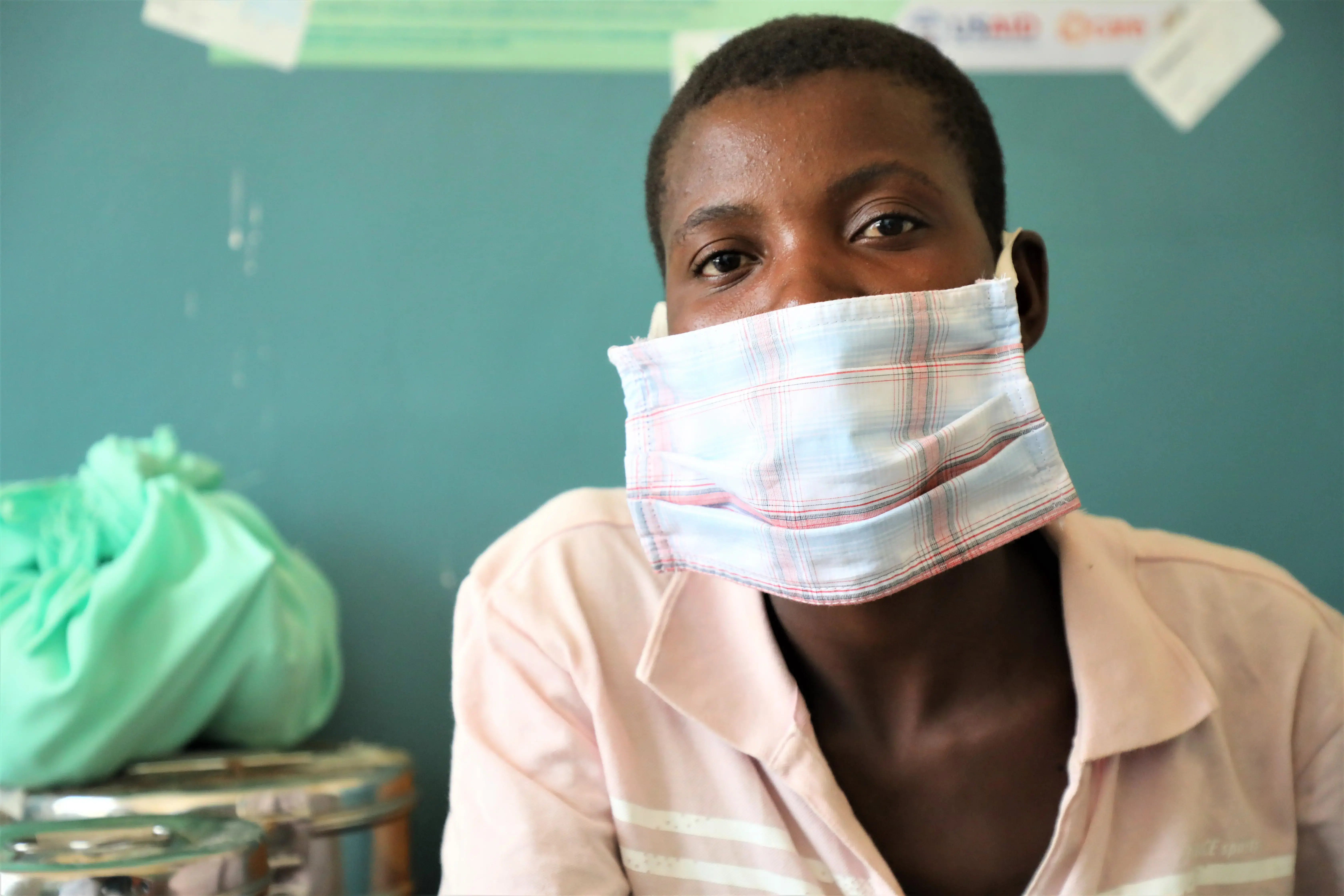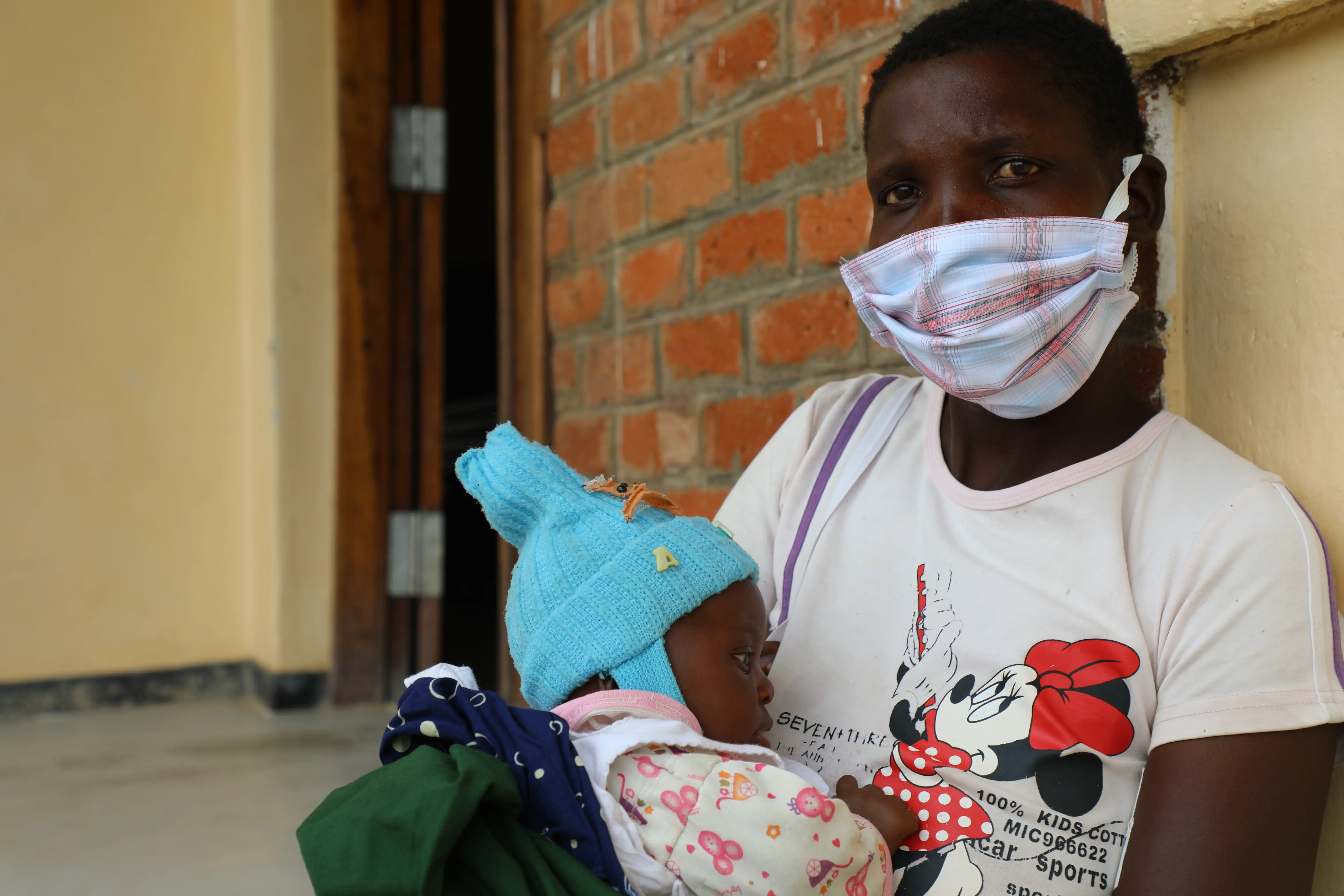Ntchisi, Malawi-Although Marita Vula was in pain, she tried as much as possible to ignore it. The 28-year-old was experiencing her first labour pains. Marita had waited for this moment and couldn’t wait to a be a mother.
“When I got married, I stayed for three years without a child,” says Marita from Kambola village in Ntchisi. “In our culture, one is expected to have a child as soon as they get married.”
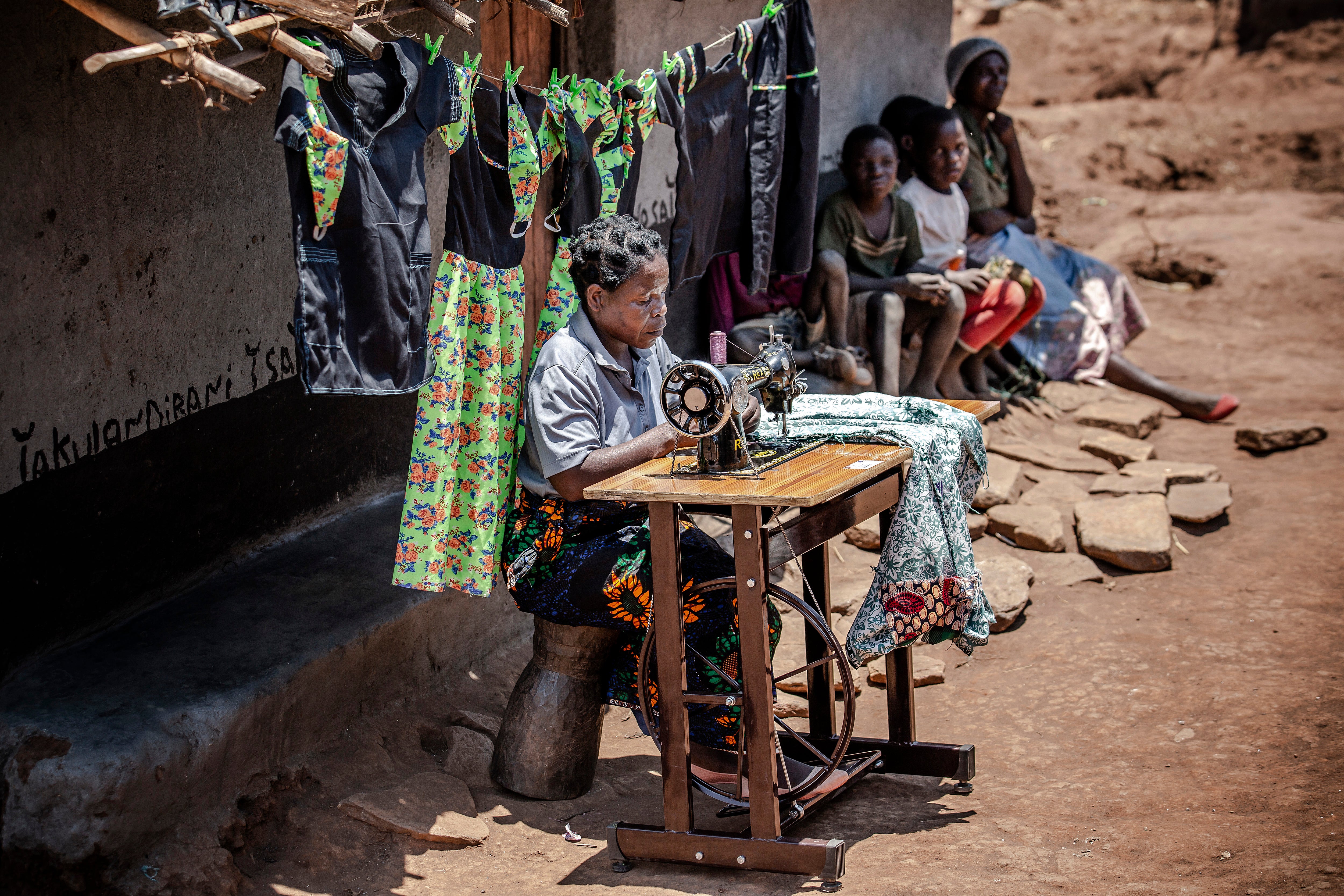
However, try as they could, Marita couldn’t get pregnant. This displeased her in-laws who took every opportunity to remind her that they wanted grandchildren.
On this particular day, Marita’s husband was tending their maize field. When he heard the news that her wife was in labour, he hurried back home. Since the hospital was too far, he decided to take Marita to a traditional birth attendant to help her deliver.
“That was the only option we had that time,” recalls Marita, adding, “I didn’t see the labor coming that soon and hadn’t planned to travel to the hospital.”
Access to maternal services still a challenge
For hours, the traditional birth attendant tried to help Marita to deliver but without luck. In desperation, the traditional birth attendant prepared some herbs, which she said would help ‘push the baby out’. Instead of helping her give birth, the herbs made Marita lose a lot of blood.
“My husband became worried and he rushed to the nearby village to hire a car,” she said. “When he came back, I had passed out. The next thing I remember was in a hospital. The look on my husband face told me that something terrible had happened.”
Marita arrived at the hospital semi-conscious. Medical staff had to perform a caesarian section to save both mother and child. Unfortunately, the child didn’t make it. Her husband had to break the sad news to her.
“This was devastating news. I was looking forward to holding my child in my hands,” says Marita.
Although Marita recovered well, she could no longer control her urine and she kept wetting herself. The prolonged labour caused her to develop a hole between the birth canal and the bladder. As a result, she developed obstetric fistula.
“When I returned home, my husband’s attitude towards me changed,” she says. “He started sleeping in his own bed.”
A ray of hope for women with fistula
For eight months, nothing changed. Eventually, her husband disappeared only for Marita to learn that he had married in another village.
“I was okay with him sleeping on another bed,” she says. “But running away from me was the last thing I expected from him. He was responsible for the pregnancy and I couldn’t have developed fistula if it wasn’t for him.”
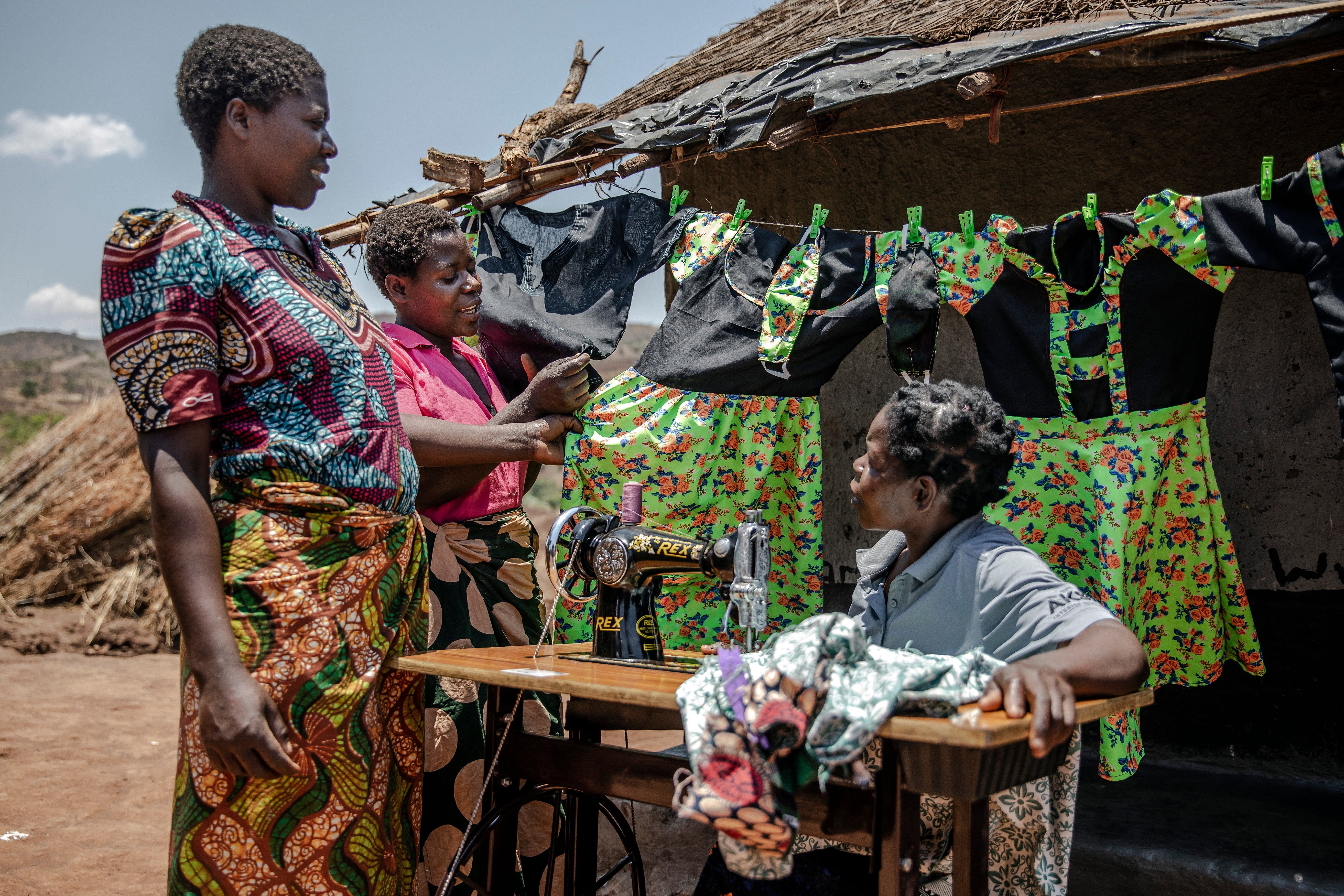
With time, Marita soon learnt to accept her condition. One day, as she was listening to the radio, she had a testimony of a woman who was successfully treated of fistula. She listened with interest and learnt that the operation was done at Bwaila Fistula Centre in Lilongwe.
Marita saved enough money for transport to seek for treatment at the Centre. The waiting list was long. She stayed at the Centre for a month and finally got repaired of fistula.
Helping fistula survivors reintegrate in society
“The support I received from the fistula centre transformed my life,” says Marita, who is now a fistula ambassador in her community. “I have moved from being a social outcast to become one of the community respected tailors.”
As one way to help her reintegrate in her community, the Bwaila Fistula Centre with support from the European Union funded Spotlight Initiative, trained Marita and other 48 fistula ambassadors in tailoring. The ambassadors’, including Marita, were each given a sewing machine to help them establish tailoring shops for income generation.
Today, Marita is a well-known tailor in her community. She sews’ dresses, suits and all type of uniforms. In a good month, Marita makes about US$80. And when its wedding season, her earnings goes up to more than US$100 per month, she says.
“I am saving money to buy iron sheets for my house,” she says. “I have lived a difficult life and now just want to make the best of what I have.”
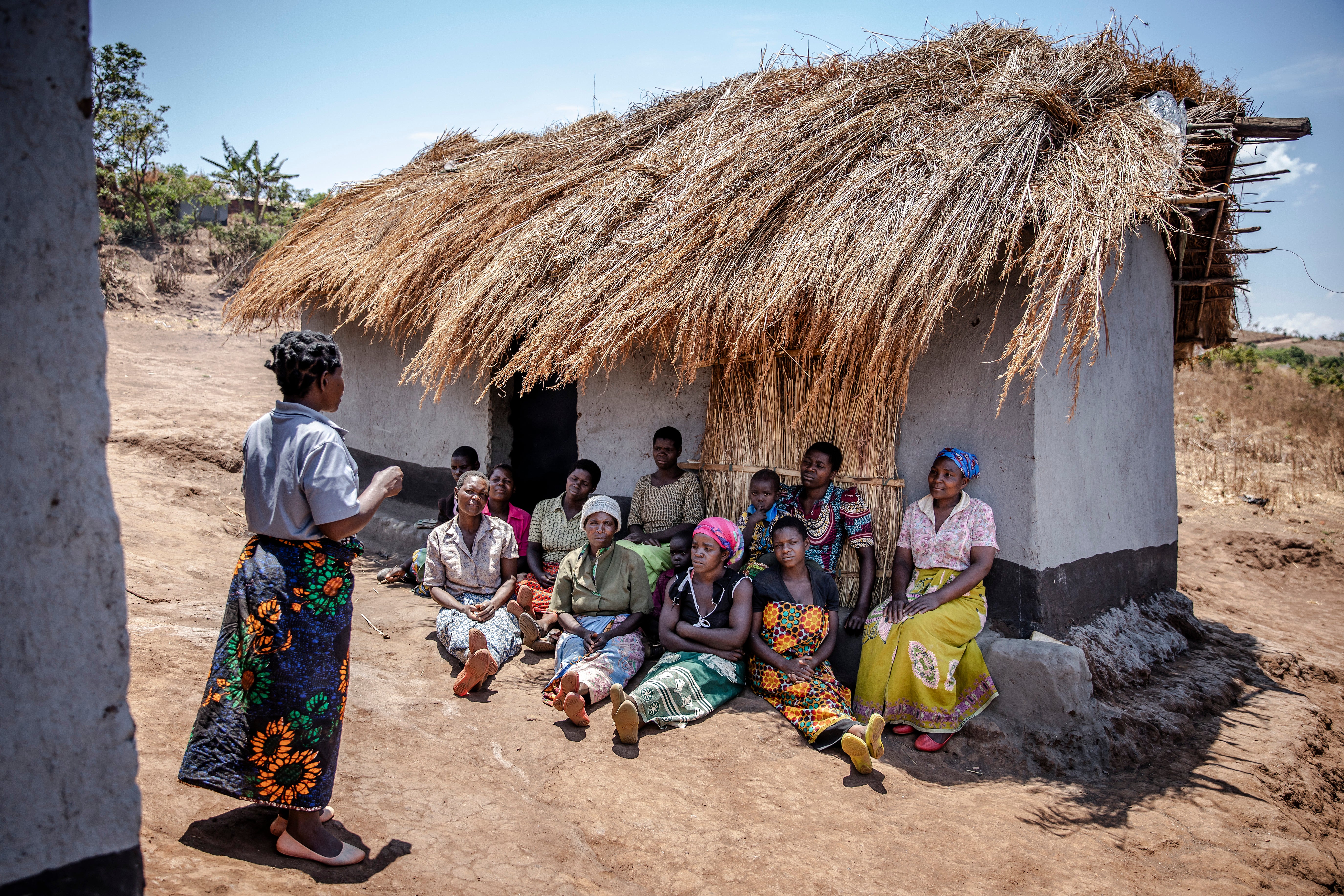
In 2021, UNFPA successfully lobbied for the re-opening of the Bwaila Fistula Centre after it was converted into a Covid-19 isolation centre. The closing of the Centre inconvenienced hundreds of women suffering from fistula from getting treatment. Since re-opening, the Centre with support from the Spotlight Initiative, has successfully repaired 90 women suffering from fistula.
Joseph Scott, Communication Analyst

